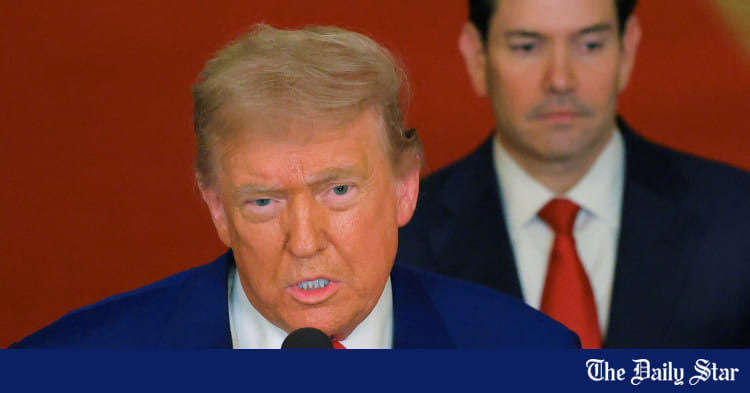I would not even compare him to Maryam Nawaz Sharif.Man that guy got no support base in Iran. He's sitting with those same Zios who are killing Iranians.
At least she does not hold press conferences and give interviews in an enemy state.
And she has the balls to come back to the motherland and engage with the local population.
You guys may have your politics and reservations about the family.
But give them that much credit.
In the UK they stay quiet and keep to themselves.

 World Affairs
World Affairs

























